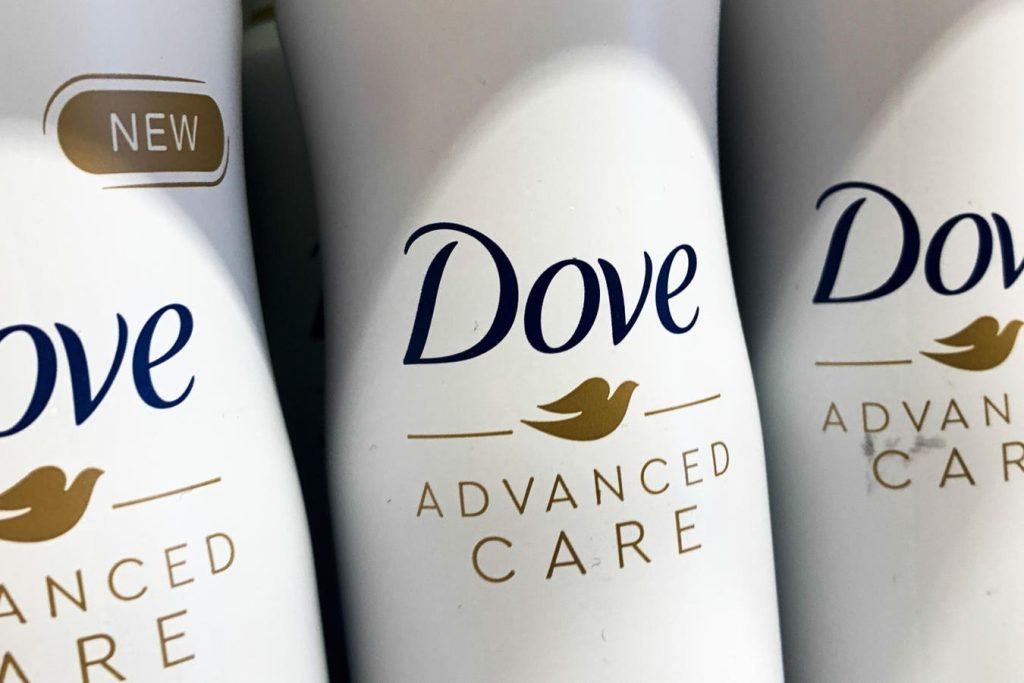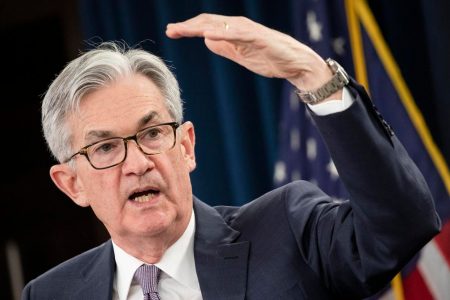It’s been a dynamic and unsettling year for Unilever — from a major CEO transition and the decision to exit the ice cream business to a significant restructuring. The company, known for its global leadership position on sustainability, also announced that it was evolving its broad sustainability agenda, refocusing its resources on allocating to its biggest sustainability priorities. Schumacher outlined three core tenets:
- “To be more focused in allocating our resources towards our biggest sustainability priorities.”
- “To be more urgent in driving actions towards our long-term ambitions.”
- “To be more systemic in our advocacy to address the enablers and blockers of progress outside of our direct control.”
As part of its new roadmap, however, Unilever lowered some of their sustainability commitments or prolonged timetables. This new approach was taken by some to be a shot heard around the world, a body blow to Unilever’s sustainability agendas, and even an indicator of a “sustainability recession” — a term coined by sustainability luminary John Elkington.
Indeed, Unilever has quickly found itself on the receiving end of a chorus of commentary by stakeholders, many of whom have attributed the news as a direct reaction to the anti-ESG backlash that has been swirling in our geopolitical zeitgeist. Critics have seized on the news. The “ESG Poster Child” (touted Bloomberg), Unilever is giving up on “saving the world” because of accusations from investors of “virtue-signaling” (reported Yahoo Finance). And so on.
Or…is there another take? As Joel Makower recently wrote in Trellis, “Schumacher’s new roadmap shows that goals, aspirations, and metrics may need to be reprioritized, even as companies are pressed to meet ever more ambitious and expansive targets. It also represents a maturing of the sustainability field, and the need by companies to focus squarely on material impacts that drive both financial and sustainability outcomes.”
So, which is it? Is Unilever’s decision a sign that being sustainable is just too hard? Or is this evolution of their sustainability agenda somehow a net positive for business? Might it even be good somehow for sustainability agendas over the longer term?
As readers of this column may recall, before I founded my current firm, I helped architect and implement sustainability initiatives and commitments at Walmart. Corporate investors (one of which is Unilever) have been part of Circulate Capital’s origin story and their support and partnership continue to be integral to our success.
My quick take: Unilever’s new strategy is a net positive for sustainability because it makes progress more possible. Three key reasons:
- It reflects an alignment of purpose with commercial objectives;
- It signals a maturation of Unilever’s initial sustainability commitments made several years ago, based on learning and adapting; and
- It marks the end of over-reliance on corporates to solve these problems for us, other stakeholders from institutional investors to policymakers have more urgency and responsibility.
So, let’s take a look at Unilever’s revised priorities and Schumacher’s rationale for the changes. He announced three revised priorities:
- Shifted key target: Original:100% reusable, recyclable, or compostable plastic packaging by 2025; New: Rigid packaging by 2030, flexibles by 2035
- Adjusted goal: Original: 50% virgin plastic reduction by 2025; New: 30% by 2026, 40% by 2028
- Maintained (unchanged) targets: 25% recycled content in packaging, collect and process more plastic than sold, by 2025
It’s important to note that Unilever isn’t the only corporate rethinking its sustainability packaging commitments. Colgate recently acknowledged that it was struggling to meet its stated targets, too, on a few fronts: Colgate may miss its 2025 target for 100% recyclable, reusable, or compostable packaging. Though it cited progress in converting 89.5% of its packaging by the end of 2023, like the rest of the packaging industry, it is struggling to convert flexible packaging like pet food bags and personal care pouches.
What’s driving these changes? From ambition to accountability
There’s certainly a growing desire to ensure that a company’s financial focus is integrated with sustainability commitments. You need to be able to do both of these things at once.
At the same time, the pushback on ESG is real and reflects in part a maturation of the sector. For sure, the days of the Big Hairy Audacious Goals (BHAGs) are over. They created a lot of benefits in the corporate sustainability journey of the early 2000s, helping us all reimagine the sector. It inspired us to think bigger and leverage the art of the possible. At the same time, it gave air cover for other companies to dip their feet into the proverbial sustainability pool (e.g., if Unilever or Walmart can do this, we can too).
But we’re in a different place now – because the climate crisis has only intensified and also, we know more about what works and doesn’t in addressing the challenges, and where we can get the most bang for our buck. We also know we need more action and results; inspiration doesn’t cut it anymore. A much more educated base of shareholders and consumers in addition to regulators and politicians are holding corporate feet to the fire.
From my own experience working inside and outside of large corporates, setting goals is often a lose-lose situation. If you’re too ambitious, you become more aspirational and meaningless. But if you’re too conservative, then you could leave innovation and impact on the table. Then, if you actually achieve your goals, nobody will be there to congratulate you. It’s only if you fail to achieve them that you will be punished.
So, what should a company like Unilever do when it is clear their goals are not going to be achieved? Should it try to “corporate spin” their way out of it? Or should they be transparent and realistic? Obviously, we should vote for transparency. We have to recognize that we are building this plane as we fly it, and what sounds great on paper may not work in practice. But we can only succeed by innovating, continuing to push ourselves and focusing on what is possible and pragmatic.
A call for realism
In a world of fake news and alternative facts, we need to face reality and deal with it. Today, goals only matter if they’re achievable.
Much of the pushback on Unilever and others is overblown. Their new framework reflects a changing world and a maturation of the sustainability sector. Unilever laid out its original goals in 2010 – a lifetime ago for any business.
Sustainability isn’t in a recession; it’s graduating from high school.
Corporate commitments are essential to achieving Net Zero, a circular economy, and so many other critical sustainability goals. What we really need is a reset on what, why, and how corporates set sustainability goals, and how we should hold them accountable.
So, to close this out, here are a few proposed golden rules to create more effective sustainability agendas:
- Don’t waste time with promises you can’t keep.
- Incorporate pragmatism into the sustainability agenda. Fuzzy, grandiose goals won’t suffice any longer. We must have focused targets for increased accountability.
- Don’t flinch at the ESG pushback. Leverage it for increasing focus, transparency, and accountability.
- Corporates aren’t the only ones in this fight. Remember? There’s no silver bullet here. Policymakers, investors, innovators, incubators, NGOs, and yes, corporates are all necessary to get to where we need to be. And we can’t just expect corporates to abandon their fiscal and shareholder priorities.
Sustainability has to be investible and fiscally sound, or we’ll never get the commitments we need to scale solutions. That is the sustainability agenda we need and the one that gets me out of bed every day.
Read the full article here










